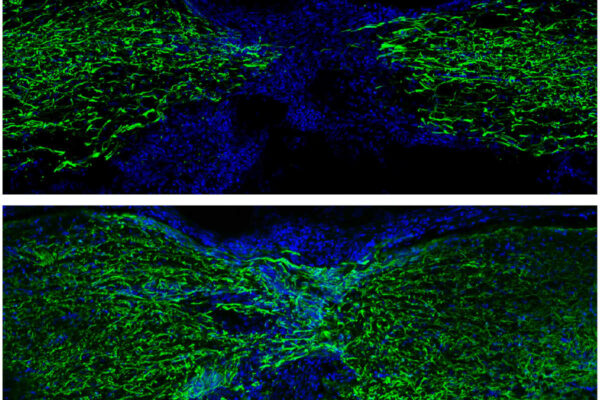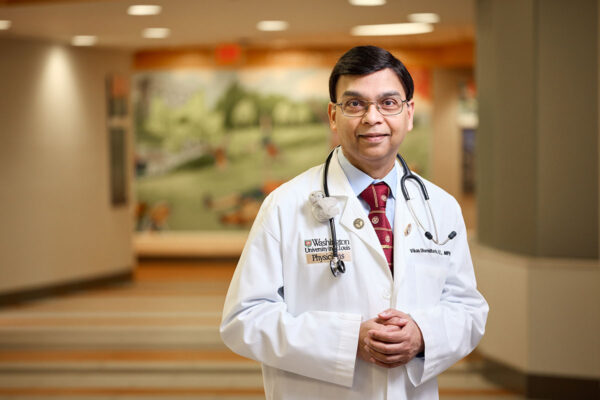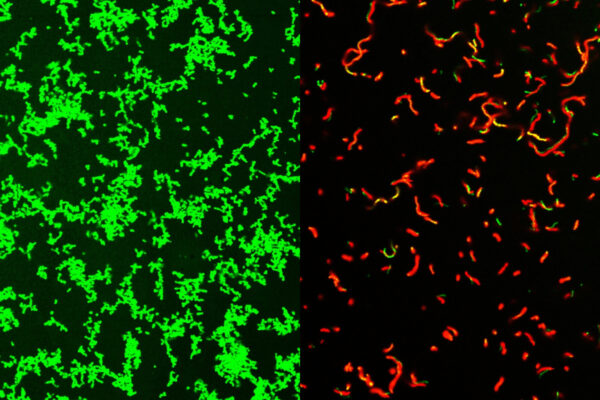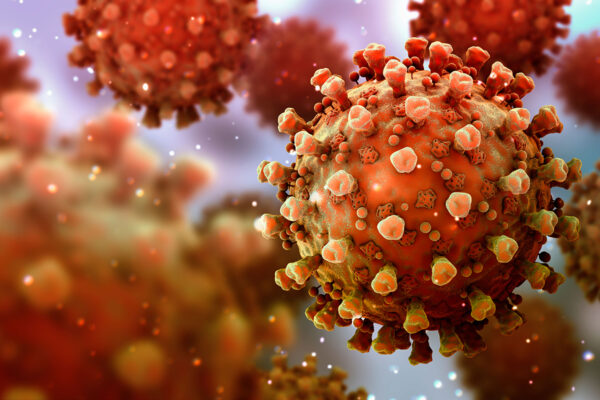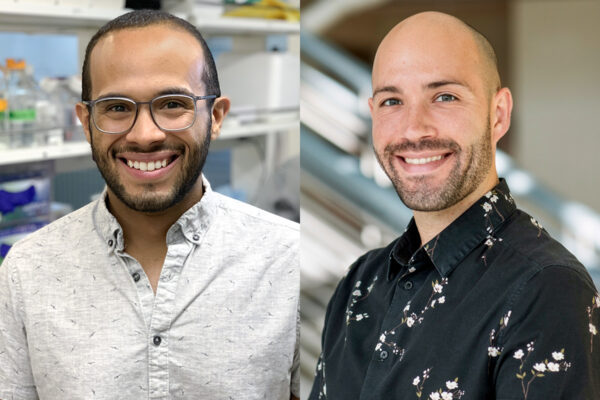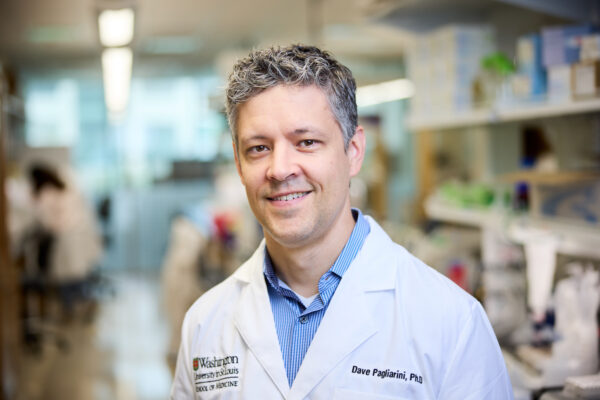Cooper named inaugural French professor
Megan Cooper, MD, PhD, of Washington University School of Medicine in St. Louis, has been named the inaugural Anthony R. French, MD, PhD, Professor in Pediatrics.
Zebrafish use surprising strategy to regrow spinal cord
Researchers at WashU Medicine look to zebrafish — among the rare vertebrates that can repair a damaged spinal cord — to understand how it might be possible to treat nerve injuries in people.
Blake essay recognized by Lasker Foundation
Kevin Blake, a scientific editor in the Department of Pathology & Immunology at Washington University School of Medicine in St. Louis, has been honored for an essay he wrote titled “Missing Microbiomes: Global Underrepresentation Restricts Who Research Will Benefit.”
DNA fragments help detect kidney organ rejection
Raja Dandamudi, MD, Vikas Dharnidharka, MD, and Tarek Alhamad, MD, all at Washington University School of Medicine in St. Louis, contributed to a large study that identified a novel way of detecting signs of organ rejection.
Potential drug effective against flesh-eating bacteria
Researchers at Washington University School of Medicine in St. Louis have developed a potential drug that is effective against common bacteria that can lead to rare, dangerous illnesses.
Nasal COVID-19 vaccine halts transmission
A nasal COVID-19 vaccine blocks transmission of the virus, according to an animal study by researchers at Washington University School of Medicine in St. Louis. The findings suggest that vaccines delivered directly to the nose or mouth could play a critical role in containing the spread of respiratory infections.
García-Reyes, Castro named to Gilliam Fellows Program
The Howard Hughes Medical Institute (HHMI) has named Washington University in St. Louis doctoral candidate Rubén A. García-Reyes and his adviser, Daniel C. Castro, to the 2024 cohort of the Gilliam Fellows Program.
Gomez-Lopez receives award to study pregnancy complications
Nardhy Gomez-Lopez, a professor of obstetrics and gynecology at Washington University School of Medicine in St. Louis, has received a four-year $500,000 award from the Burroughs Wellcome Fund to further research into the immunobiology of the maternal-fetal interface and identify biomarkers to predict preterm labor and birth.
Rosa-Molinar named director of cellular imaging center
Eduardo Rosa-Molinar has been named the new scientific director of the Washington University Center for Cellular Imaging and has joined the faculty of the Department of Cell Biology & Physiology and the Department of Neuroscience at the School of Medicine.
Pagliarini named HHMI Investigator
David Pagliarini, at Washington University School of Medicine in St. Louis, has been named a Howard Hughes Medical Institute Investigator. He will receive approximately $11 million in funding over seven years in support of research on mitochondria.
Older Stories

